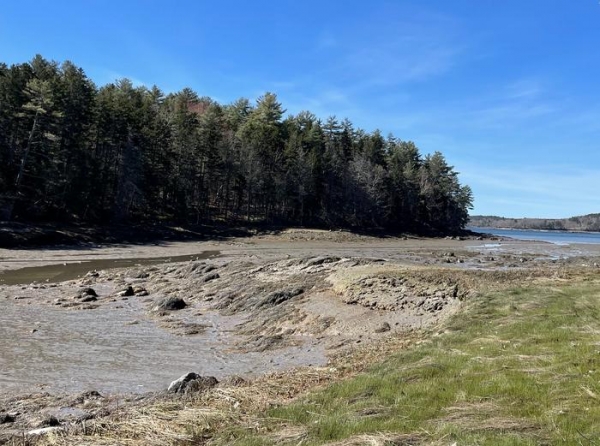Marine ecosystem-based management (EBM) is a growing practice of ocean stewardship and conservation that offers benefits to the production of healthy, local food and the preservation of clean water, as well as recreation, habitation and storm protection in the Gulf of Maine and beyond.
Marine ecosystem-based management (EBM) is a growing practice of ocean stewardship and conservation that offers benefits to the production of healthy, local food and the preservation of clean water, as well as recreation, habitation and storm protection in the Gulf of Maine and beyond.
Despite its benefits and recognition as a keystone practice of ocean stewardship and conservation, adoption of EBM has been slow to take hold. The first mention of EBM was included in U.S. fisheries management guidance documents more than 20 years ago.
Resource managers and policymakers need a proof of concept that this approach can occur incrementally with existing resources and tools. Previous management efforts have been implemented sector by sector focused on fisheries or navigation, but a transformation in ocean management to enable more ecosystem-based approaches is underway.
To support this change in ocean management, a group of researchers and practitioners, including University of Maine marine sciences professor Heather Leslie, have investigated the global progress of marine EBM initiatives.
Read more at University of Maine
Image: Marine management integrating knowledge of different elements of the ecosystem is critical to achieving the varied goals people have for coastal and ocean places, such as this marsh and mudflat adjacent to Darling Marine Center, the University of Maine’s marine laboratory. (Credit: Heather Leslie)




